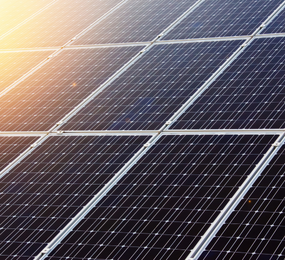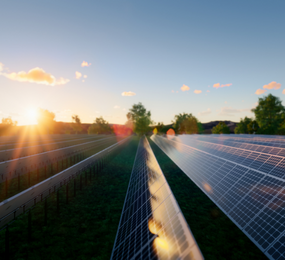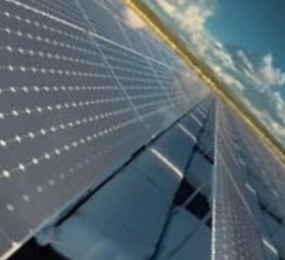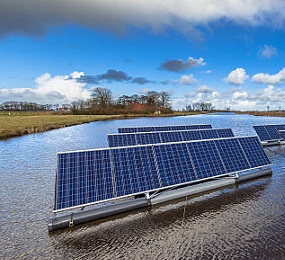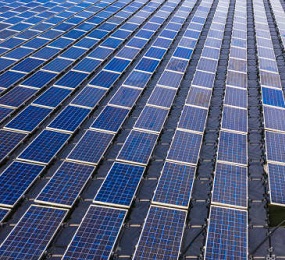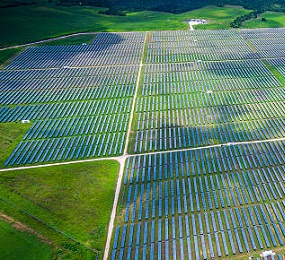Artificial intelligence (AI) covers a wide range of software solutions and applications that can adapt, learn, and evolve their machinations in response to past experiences. AI is currently carrying out intelligent tasks in the power industry to improve the efficiency, security, and potential of power transmission, distribution, and consumption systems.
In order to ensure that floating solar PV installations fulfil the demands of the contemporary energy landscape, it is essential to maximise their efficiency and dependability.
Solar Irradiance
A smart tracking function, using knowledge from local data inputs, can offer a tracker control algorithm to decide the installation that would best capture solar irradiance while installing new solar panels. When overcast skies induce dynamic changes to the environment, AI-enabled solutions can even modify the orientation of panels to capture the best solar irradiance. Traditional PV systems work on a modular design with pre-established tracking solar irradiance paths. Solar PV installations may experience actual benefits from this improved method. The AI gets better at delivering these enhancements as it adapts and learns.
Power Generation
Another significant advantage of this approach is that AI is getting better and better at forecasting the amount of power generated by solar PV plants. This is a significant hurdle for renewable energy installations since unpredictable energy production can make it difficult for local grid operators to balance supply and demand.
Managing Grid Harmonics
Grid harmonics, which are the varying frequency distortions of the grid, are another difficulty that AI aids in managing and mitigating. Power system problems may happen when these harmonics are out of alignment. In order to further improve integration with centralised electrical networks, AI offers the opportunity to predict, manage, and monitor this.
The Reduction of Operational Costs
AI technologies can provide a path to improved management and operations, which can lower solar farms' ongoing operational costs. Smart AI systems can be taught to adapt and identify failure, enabling them to provide predictive maintenance solutions that let operators undertake cost-effective maintenance before issues arise.
AI systems can adapt and learn as they acquire data from operations thanks to their sophisticated learning capabilities. A number of AI-powered solar PV technologies can recognize a variety of failure predictors while analysing maintenance information to avoid disruption. Using this technology, maintenance analysis and fault identification can be completed in as little as half a day instead of possibly taking a week.
As algorithms continue to adapt and learn from experience, the future of AI systems is one of perpetual change, informing the development of the next generation of AI solutions. When it comes to an intelligent ecosystem, AI-enabled solar power is shedding light on the future of better linked power systems.
To find out more details about How Artificial Intelligence is Shaping Our Solar Power Future? join us on 27th - 28th June, 2023 for the 3rd Annual Floating Solar PV Forum, in Amsterdam Netherlands.
To register or learn more about the Forum please check here: https://bit.ly/3zVvdfN.
For more information and group participation, contact us: [email protected]


